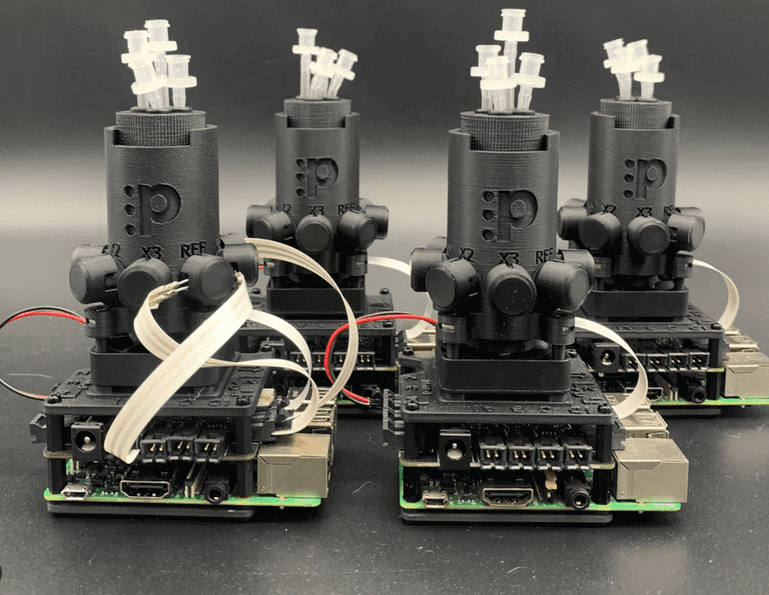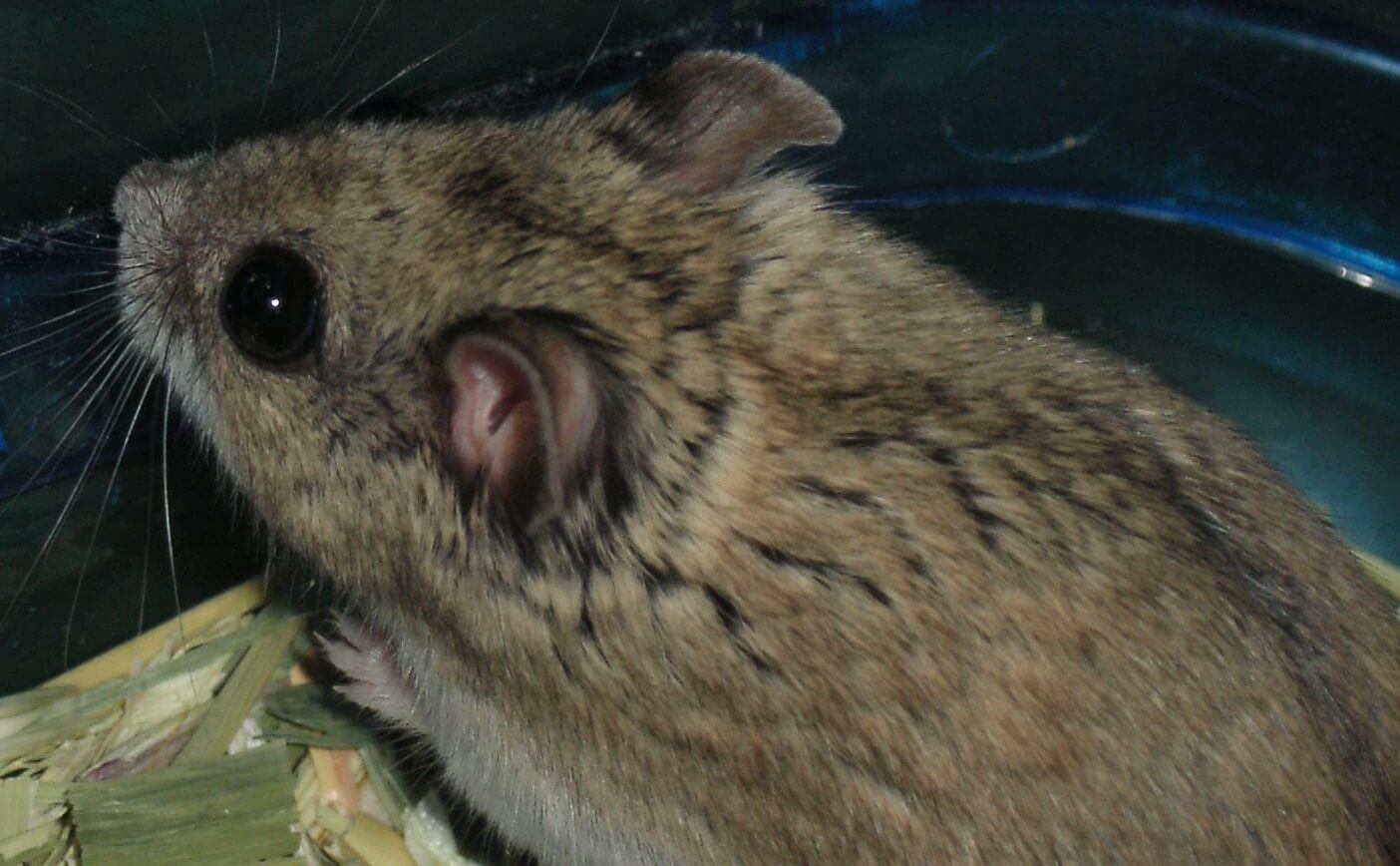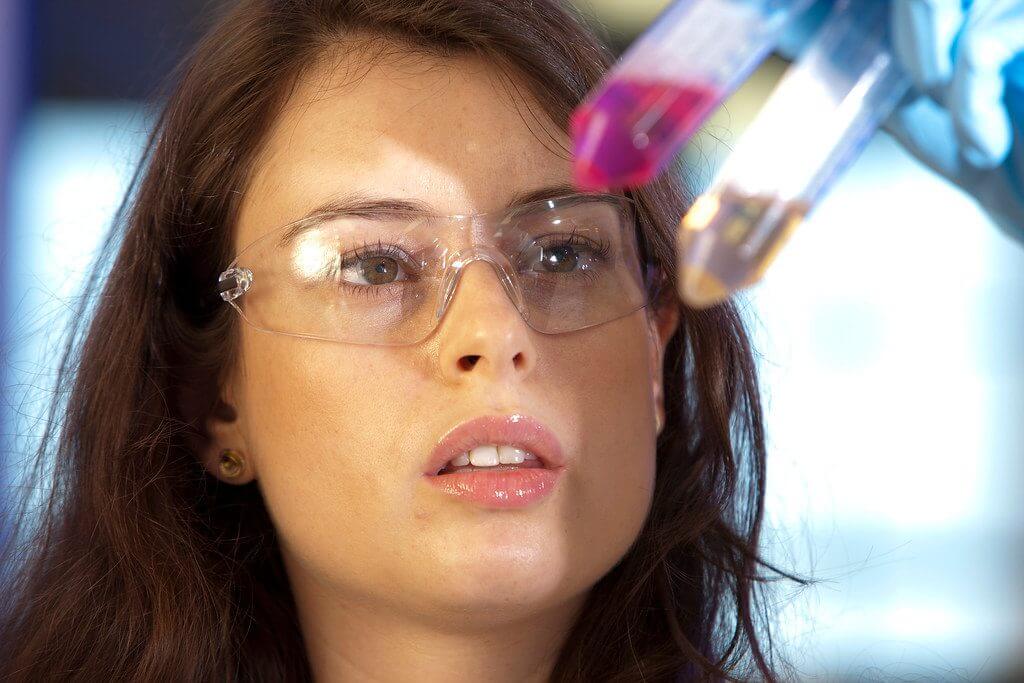The Pioreactor: Revolutionizing Biotechnology at Home The Pioreactor, a groundbreaking innovation in the field of biotechnology, has brought the power of scientific experimentation right into the homes of enthusiasts and professionals alike. This compact and user-friendly device is changing the way researchers conduct experiments, paving the way for new discoveries and advancements in various fields. What is the Pioreactor? The Pioreactor is a fully automated, open-source fermentation device that provides an ideal setting for cultivating microorganisms. It allows users to monitor and control various parameters such as temperature, pH, and…
Read MoreDay: August 25, 2023
Why Chinese Hamster Ovaries are used in the pharmaceutical industry?
Chinese hamster ovary (CHO) cells are commonly used in the pharmaceutical industry for the production of therapeutic proteins. There are several reasons for this: It is important to note that while CHO cells are widely used, other cell lines such as human embryonic kidney (HEK) cells and insect cells (baculovirus expression system) are also utilized in the pharmaceutical industry for protein production. The choice of cell line depends on factors such as the nature of the protein being produced, production requirements, and regulatory considerations.
Read MoreUpstream vs Downstream – Pharmaceutical Manufacturing Explained
Upstream and downstream are terms used in pharmaceutical manufacturing to describe different stages of the production process. Upstream refers to the initial stages of manufacturing, which involve the cultivation and growth of cells or organisms that produce the desired drug or therapeutic substance. This can include activities such as cell line development, fermentation, and primary purification. Downstream refers to the subsequent stages of manufacturing, which involve the purification, separation, and processing of the drug substance obtained from upstream processes. Downstream activities typically include filtration, chromatography, crystallization, and formulation. In summary,…
Read MoreUsing IIoT and AI in Manufacturing
IIoT (Industrial Internet of Things) refers to the network of interconnected devices, sensors, and machines in industrial settings. It enables the collection, analysis, and sharing of data to improve efficiency, productivity, and decision-making. AI (Artificial Intelligence) can be integrated with IIoT to enhance manufacturing processes in several ways: In summary, the combination of IIoT and AI in manufacturing allows for improved predictive maintenance, enhanced quality control, optimized production, intelligent automation, and product innovation. This integration can drive operational excellence, cost savings, and competitive advantages in the manufacturing industry. OPEN Source…
Read More



